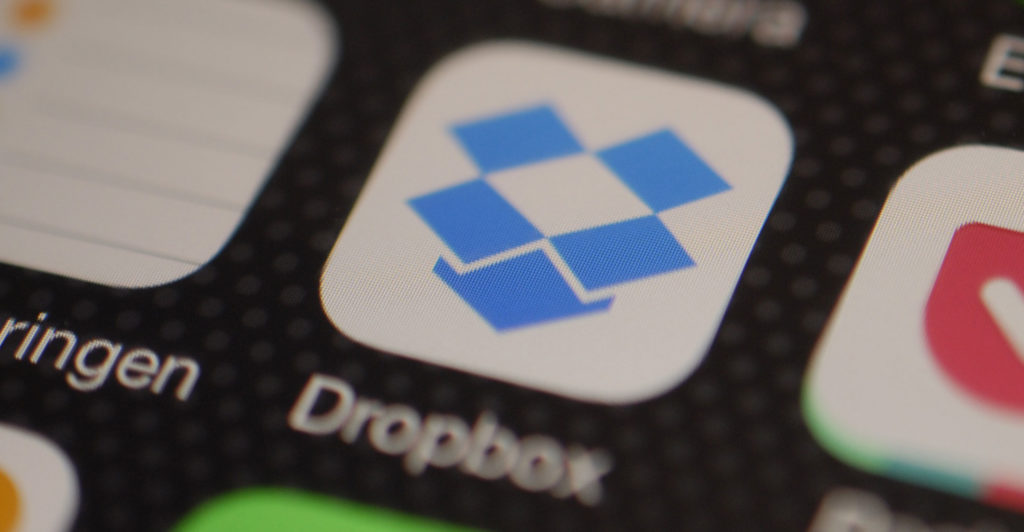
Cape Town-based start-up Snapdisk is a cloud backup and syncing service of the sort made popular by Dropbox and Box.net. Where it differs, though, is the scale of its offering and the fact that it’s offering its basic package of 500GB of online backup space for free for a year.
The service went live at the beginning of February and, although most of its early adopters have come from SA, Snapdisk’s packages are priced in US dollars because, like its competitors, it’s targeted at anyone with an Internet connection, regardless of where they live.
Snapdisk’s founders, Gary Irwin and Shaun Adler, funded the service themselves for the first 10 months before they secured investors. Adler says that although the start-up found a number of interested parties when they started looking for investors, they opted to go with a small group of “private equity guys” — he declines to name them — who could provide not only the cash needed but useful contacts, too.
Adler and Irwin, both 31, run a cloud computing company called Motillion that also develops applications. Snapdisk falls under Motillion.
Irwin has an IT background and Adler’s career history is in advertising and marketing. “I still have a media business that worked for Pick ‘n Pay, a large chunk of which was sold to the retailer about 18 months ago,” says Adler. “I was looking for a new opportunity and I’d been hearing and reading about cloud solutions.”
Adler started Snapdisk and realised he needed a more technically inclined partner; three months later Irwin joined him. “From the start we worked well together. Gary understood what I was trying to do, and had some good ideas about how to do it,” Adler says.
Available for both Mac and PC users, Snapdisk, which uses Amazon.com’s Elastic Compute Cloud, has opted to offer its basic “Backup” service — which allows users to store up to 500GB of data — for free for a year. Thereafter the service costs US$6,95/month or $69,95/year.
Snapdisk also offers two paid services. The first, Sync, allows users to keep up to 500GB of data synced between various computers and costs $8,95/month or an annual fee of $89,95. The second, Pro, offers the benefits of both a Backup and Sync account — which equates to 1TB of online storage — along with added features like FTP, SFTP and WebDav access to the Sync portion of the account.
The Pro offering costs $12,95/month or $129,95 for a year.
Adler says the decision to “defer revenue” on the one-year Backup package was necessary because it’s important to allow people to try a service without having to make any sort of commitment to it. The hope, of course, is that users will like the service enough to upgrade their package or continue paying for the Backup product after the free first year.
The company is now developing mobile apps for the service so that users can access their files, view images and play music or videos on their phones rather than only through the mobile Web browser.
Motillion is developing an Android app in-house, while the iOS version for Apple devices has been outsourced. Motillion is also working on other, unrelated apps, the first of which Adler says will be out at the end of this month.
“There are lots of competitors, but it’s a big market,” says Adler of the number of companies operating in the same space as Snapdisk. “We only need a small share of that market. Cloud has only just begun, and the market is growing.”
Most sign-ups to date have come from SA despite the bandwidth limitations local users have to contend with. “There are massive limitations in SA,” says Adler. “But that will get better with time. Also, 500GB is a lot of data.” He says that although some users will back up only their essential documents and images, others will hoard.
“We’re giving people enough space to dump everything. Humans like to hoard. For some or other reason we struggle to throw stuff away or delete stuff. Our goal is to allow people to dump whatever they can’t let go of without it costing them a lot.”
For now, Snapdisk’s team remains small, having grown to half-a-dozen employees since Adler started it last year. “I’m the only non-tech guy on the whole team,” says Adler.
Beyond the retail market, Snapdisk intends to pursue small businesses, too, but has no intention of trying to compete in the enterprise market. “There are just too many limitations, firewalls and other obstacles when it comes to the enterprise market – and there are already lots of players in that space.”



